Red Bull chaos: Horner's fall from the top
Christian Horner's Red Bull downfall began with misconduct allegations in February 2024 and accelerated through key personnel losses, competitive decline, and driver struggles that dropped the team to fourth place.

From misconduct investigation to constructor's championship collapse - tracing 18 months of mounting pressure
Christian Horner's Red Bull reign ended abruptly after two decades of unprecedented success.
The British team principal's dismissal follows a cascade of controversies and competitive decline that transformed Formula 1's dominant force into a struggling midfield operation.
Red Bull's decision to replace Horner with Laurent Mekies caps 18 months of mounting pressure.
The team that once seemed invincible now faces an uncertain future as multiple crises converge.
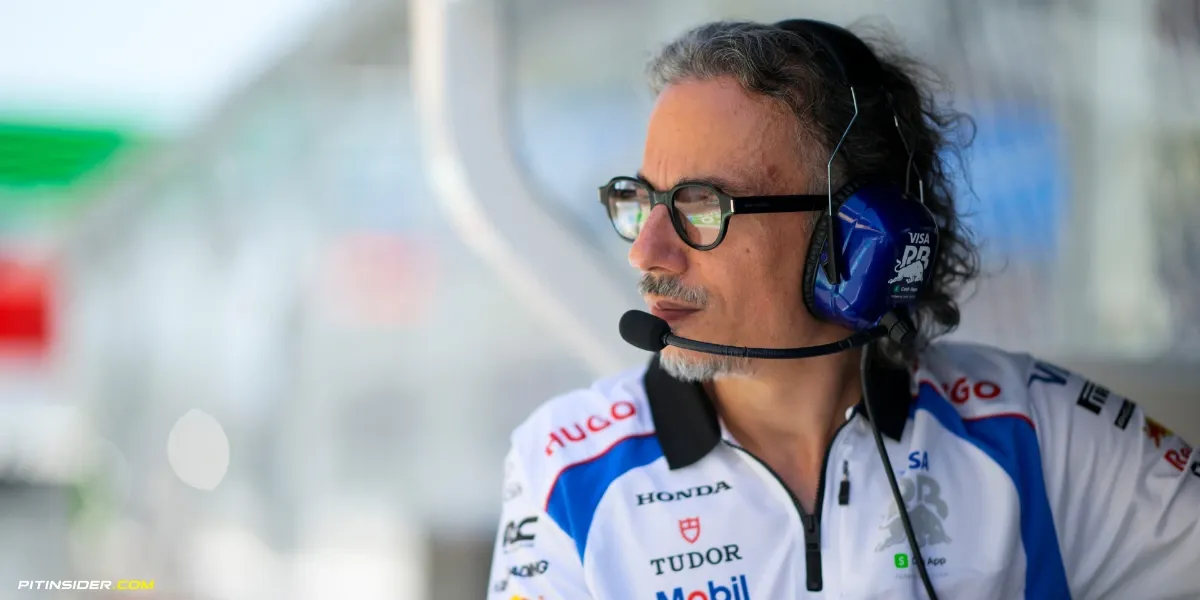
The investigation that started it all
February 2024 marked the beginning of Horner's troubles when a female Red Bull employee filed inappropriate behavior allegations.
The team launched an official investigation using an independent barrister to examine the claims.
Red Bull's statement emphasized the seriousness of the matter and promised a thorough investigation.
Horner immediately denied the allegations, maintaining his innocence throughout the process.
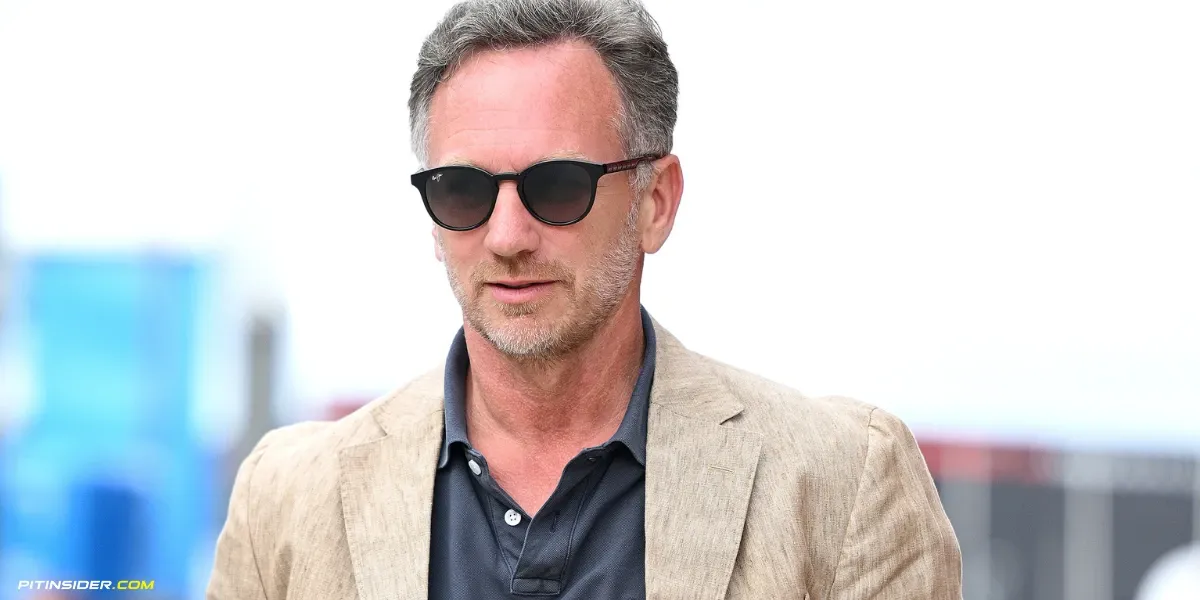
The probe cast a shadow over Red Bull's 2024 car launch and season preparations. Though ultimately cleared of wrongdoing, the investigation created lasting damage to Horner's reputation and the team's stability.
Leaked documents reignite controversy
March 2024 brought fresh turmoil when anonymous sources distributed alleged case documents to Formula 1 insiders.
The leak occurred just 24 hours after Horner's official exoneration, reigniting media scrutiny.
Over 100 industry figures received the mysterious emails containing purported evidence.
Red Bull refused to confirm the documents' authenticity, while Horner declined to comment on "anonymous speculation."

The timing devastated Red Bull's attempts to move forward from the controversy. The leaked materials ensured the story remained in headlines throughout the early 2024 season.
Key personnel exodus begins
Adrian Newey's departure announcement in April 2024 sent shockwaves through the paddock.
The legendary designer's exit came shortly after the Horner controversy, though Red Bull never officially linked the two events.
Newey's 18-year Red Bull tenure produced eight drivers' championships and six constructors' titles.
His departure to Aston Martin represented a massive blow to Red Bull's technical capabilities.

Sporting director Jonathan Wheatley followed Newey out the door, joining Sauber/Audi as team principal.
The exodus of senior leadership left Red Bull's organizational structure severely weakened.
Competitive collapse ccelerates
Red Bull's on-track dominance began crumbling as McLaren's Miami upgrade transformed the competitive landscape.

Lando Norris's victory with the upgraded MCL38 signaled the end of Red Bull's untouchable status.
The team won four of the first five races in 2024 before McLaren's resurgence changed everything.
Oscar Piastri and Norris quickly closed the performance gap, applying relentless pressure on Red Bull's championship defense.
McLaren's one-two finish in Azerbaijan catapulted them to the constructors' championship lead.
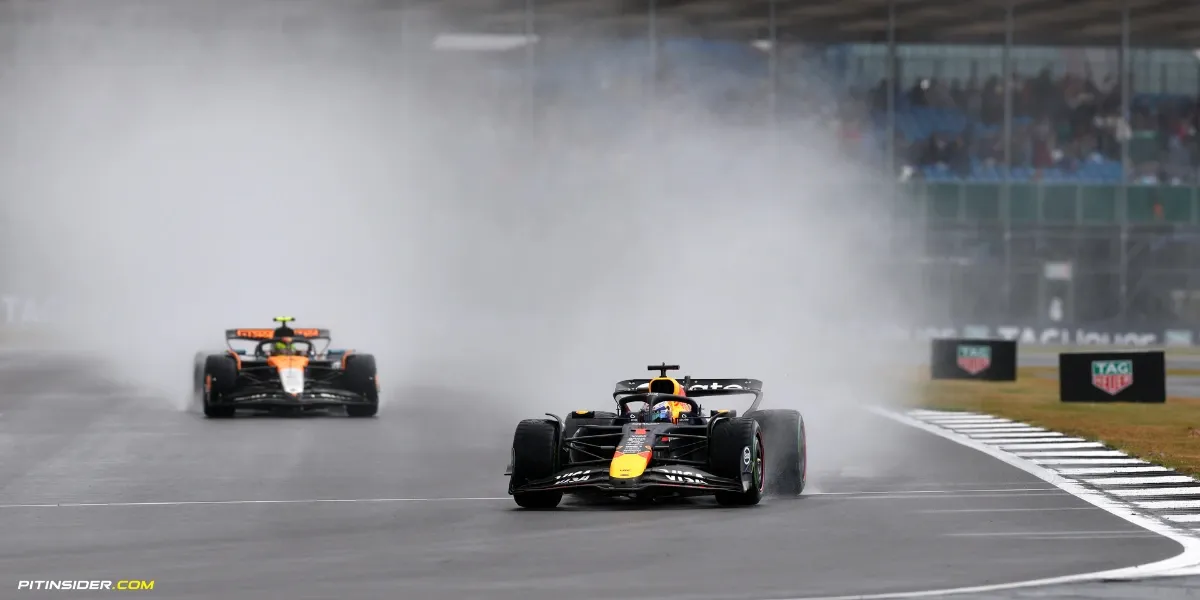
Red Bull's inability to respond effectively exposed fundamental weaknesses in their development program.
Perez's form disaster
Sergio Perez's dramatic performance decline compounded Red Bull's problems throughout 2024.
The Mexican driver managed just 21 points after the summer break, compared to Verstappen's 160-point haul.
Early season podium finishes gave way to consecutive DNFs in Monaco and Canada. Perez's struggles left Verstappen fighting alone against McLaren's two-car attack.
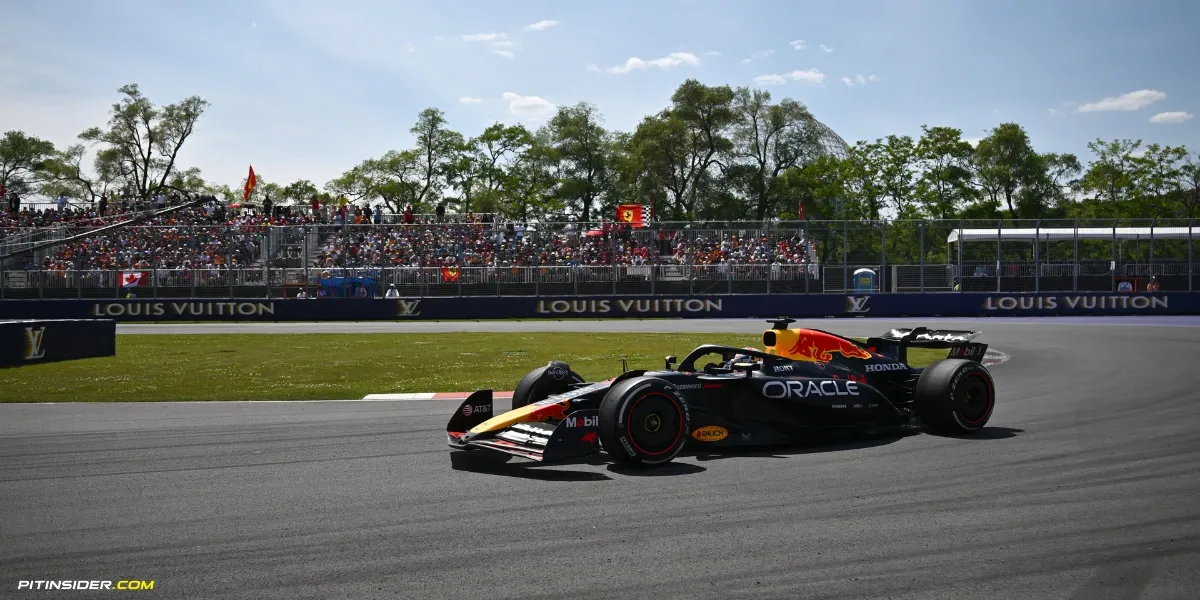
Red Bull's June contract extension for Perez backfired spectacularly. The team eventually terminated his deal early, promoting Liam Lawson to the second seat for 2025.
Championship humiliation
Red Bull's constructors' championship loss marked their steepest fall from grace in over a decade. The team that finished hundreds of points ahead in previous seasons dropped to third place.
Ferrari overtook Red Bull in the final standings, leaving the Milton Keynes squad more than 60 points adrift. Only Verstappen's individual brilliance prevented complete disaster.
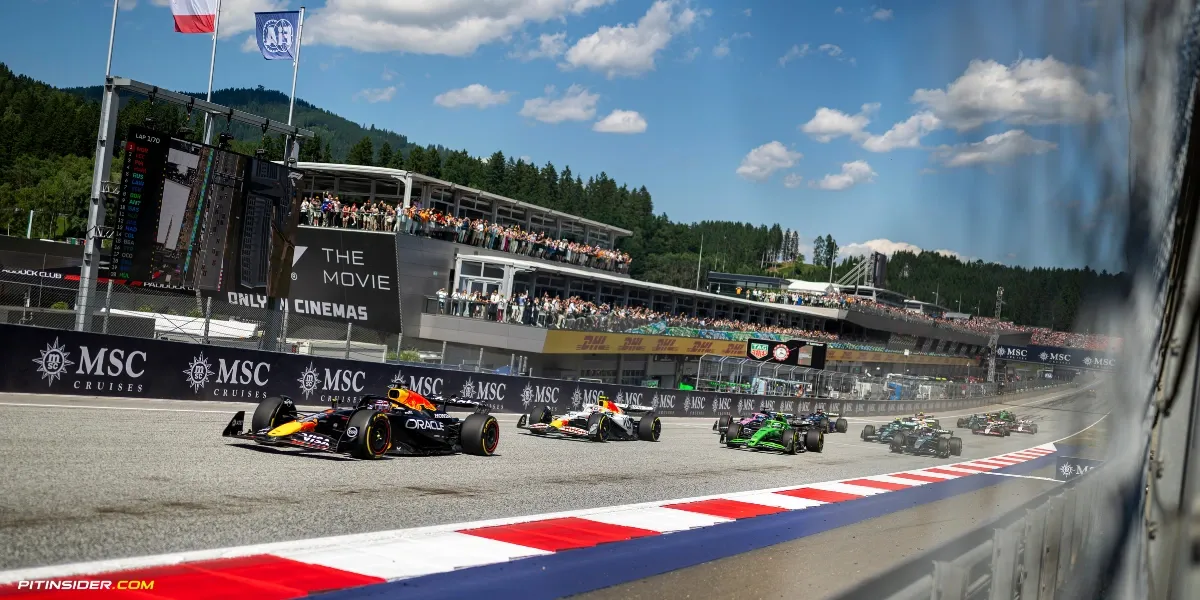
The championship defeat exposed Red Bull's vulnerability without reliable support for their star driver. Years of dominance evaporated as competitors exploited their organizational instability.
2025 struggles deepen
Liam Lawson's promotion proved another miscalculation as he managed just two races before demotion.
His replacement by Yuki Tsunoda from Racing Bulls failed to solve Red Bull's second-seat problem.

Tsunoda's five-race pointless streak dropped Red Bull to fourth in the constructors' standings. The Japanese driver's struggles with the difficult RB21 highlighted the car's fundamental flaws.
Red Bull's small operating window makes their machinery nearly undrivable for anyone except Verstappen.
Even the Dutch champion admits the car's limitations have compromised his championship defense.
Verstappen's future in doubt
Exit rumors surrounding Max Verstappen reached fever pitch after his Austrian Grand Prix DNF.
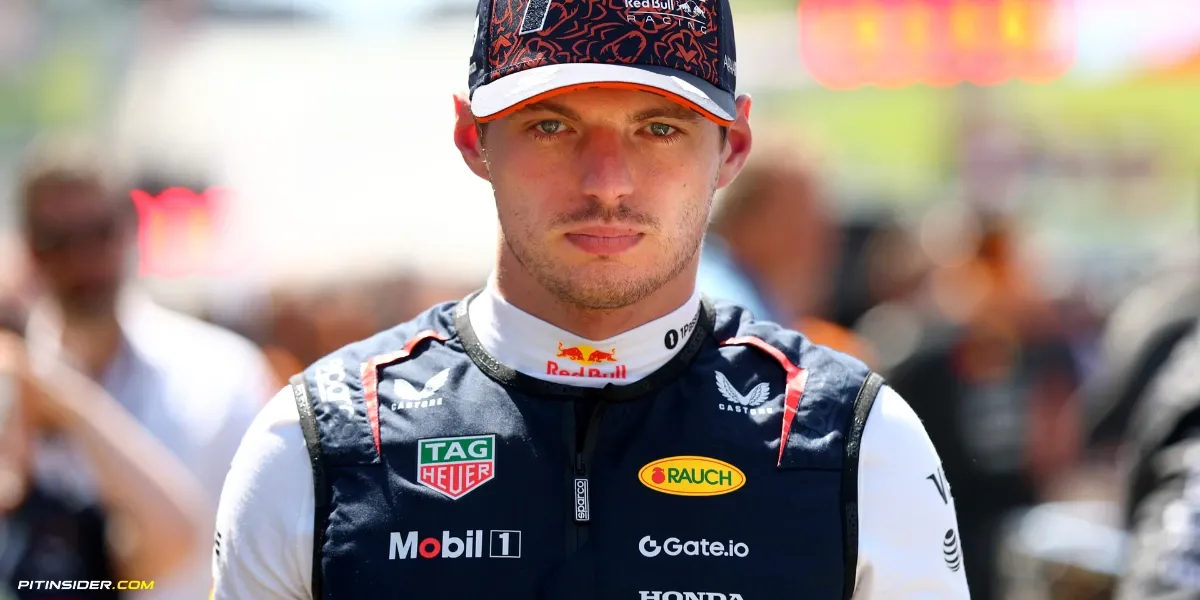
The four-time champion's silence about his future intensified speculation about potential Mercedes interest.
Performance-based exit clauses in Verstappen's contract reportedly give him escape routes if Red Bull's decline continues.
His tight-lipped responses to future questions suggest growing frustration with the team's direction.
Horner's dismissal may represent a desperate attempt to retain Verstappen until his 2028 contract expires.
However, the damage to Red Bull's competitive position may prove irreversible regardless of leadership changes.


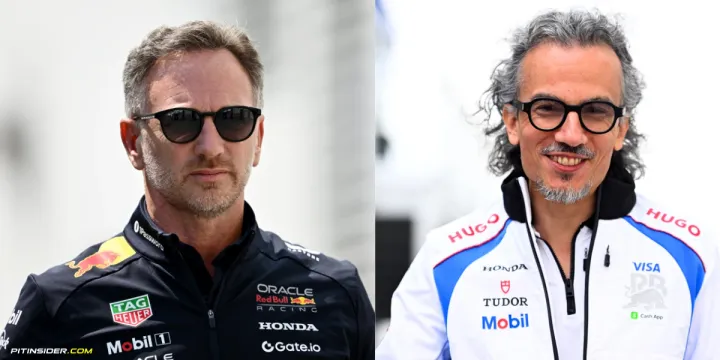
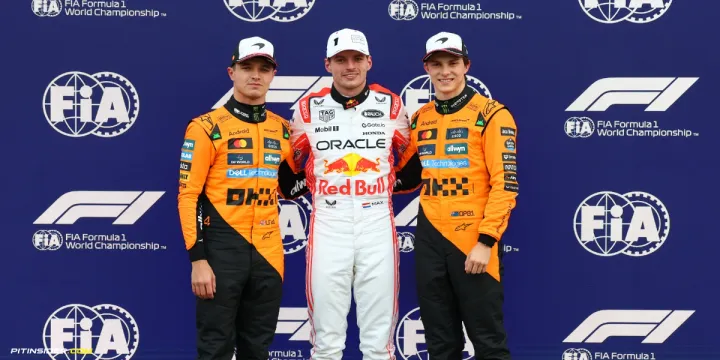
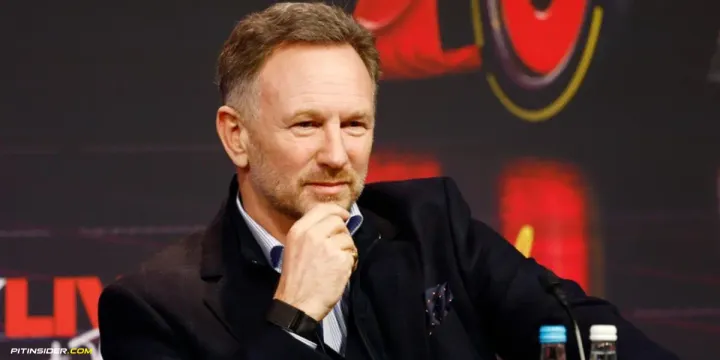
Comments ()